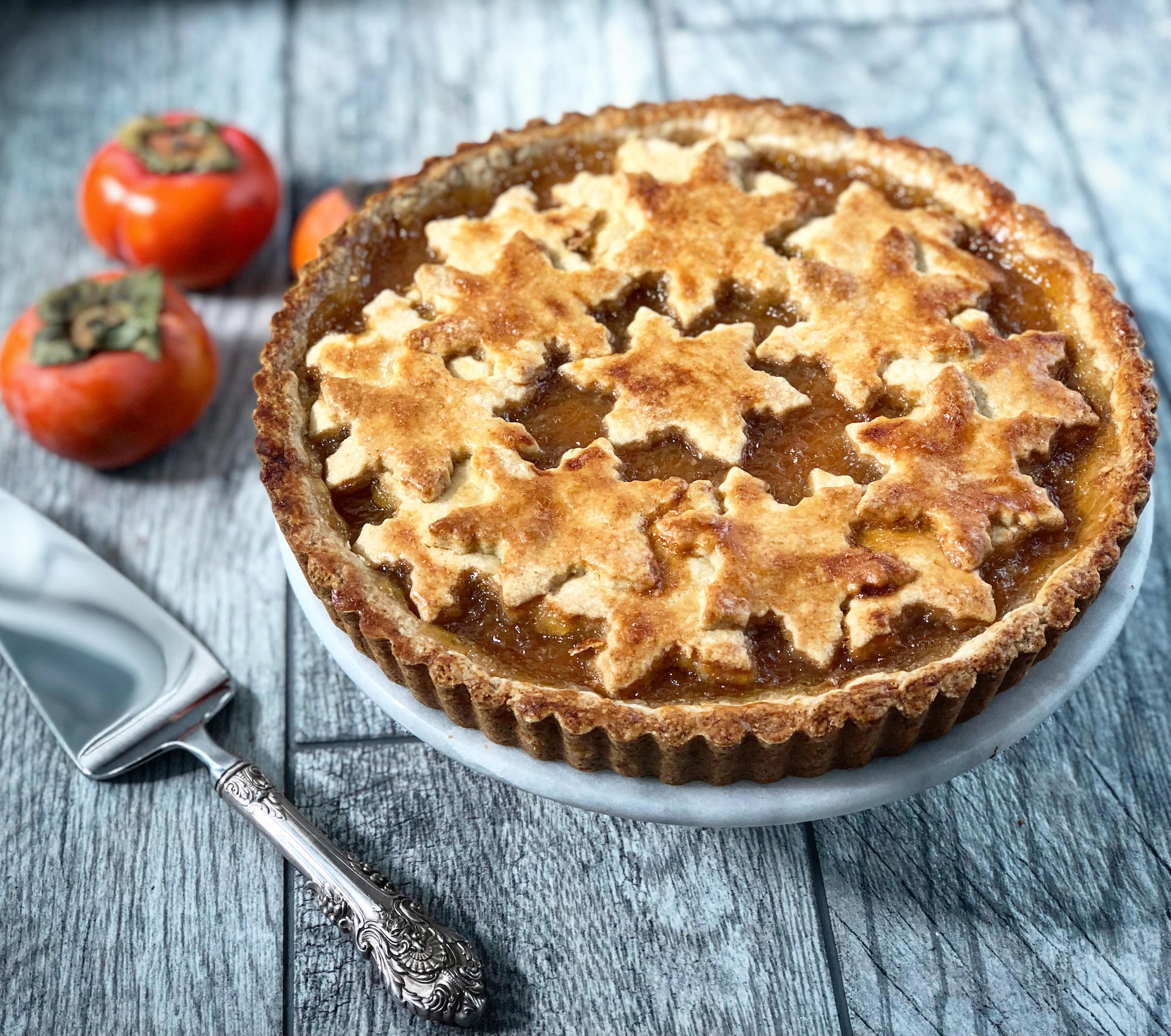This is one of my favorite Greek desserts. Its not the most popular but its super loved. I found this recipe online but I don't remember where, thought. I would share though.
Ingredients: 3 cups flour, 1 teaspoon baking powder, 1 cup unsalted butter or margarine, 1/3 cup sugar, 2 egg yolks, 2 tablespoons brandy, 1 tablespoon or grated lemon rind, 1 teaspoon vanilla or any flavor desired, 1 pound apricot or strawberry jam and Blanched almonds, if desired
Cream the butter with an electric mixer. Add the sugar and beat them together until the mixture is pale and fluffy.
To ensure that all the sugar is blended in, scrape the sides of the bowl with a rubber spatula from time to time.
Add the egg yolks one by one. Then add the brandy and the flavoring.
Stop beating, and fold in the flour a little at a time, with a wooden spoon, blending it evenly into the mixture.
When the dough becomes too stiff to stir, mix the flour by hand until the dough is light and smooth. Avoid overworking the dough. This would strengthen the gluten, making the dough tough when baked.
On a floured surface, roll out 2/3 of the dough into a round and line it inside the greased pie plate.
Spread the jam over the dough.
Roll out the reserved dough to a thickness of 1/8 inch and cut it into strips 1/2 inch wide.
Lay them across the filling in lattice pattern.
Bake at 350 for 30-35 min!
Ingredients: 3 cups flour, 1 teaspoon baking powder, 1 cup unsalted butter or margarine, 1/3 cup sugar, 2 egg yolks, 2 tablespoons brandy, 1 tablespoon or grated lemon rind, 1 teaspoon vanilla or any flavor desired, 1 pound apricot or strawberry jam and Blanched almonds, if desired
Cream the butter with an electric mixer. Add the sugar and beat them together until the mixture is pale and fluffy.
To ensure that all the sugar is blended in, scrape the sides of the bowl with a rubber spatula from time to time.
Add the egg yolks one by one. Then add the brandy and the flavoring.
Stop beating, and fold in the flour a little at a time, with a wooden spoon, blending it evenly into the mixture.
When the dough becomes too stiff to stir, mix the flour by hand until the dough is light and smooth. Avoid overworking the dough. This would strengthen the gluten, making the dough tough when baked.
On a floured surface, roll out 2/3 of the dough into a round and line it inside the greased pie plate.
Spread the jam over the dough.
Roll out the reserved dough to a thickness of 1/8 inch and cut it into strips 1/2 inch wide.
Lay them across the filling in lattice pattern.
Bake at 350 for 30-35 min!








